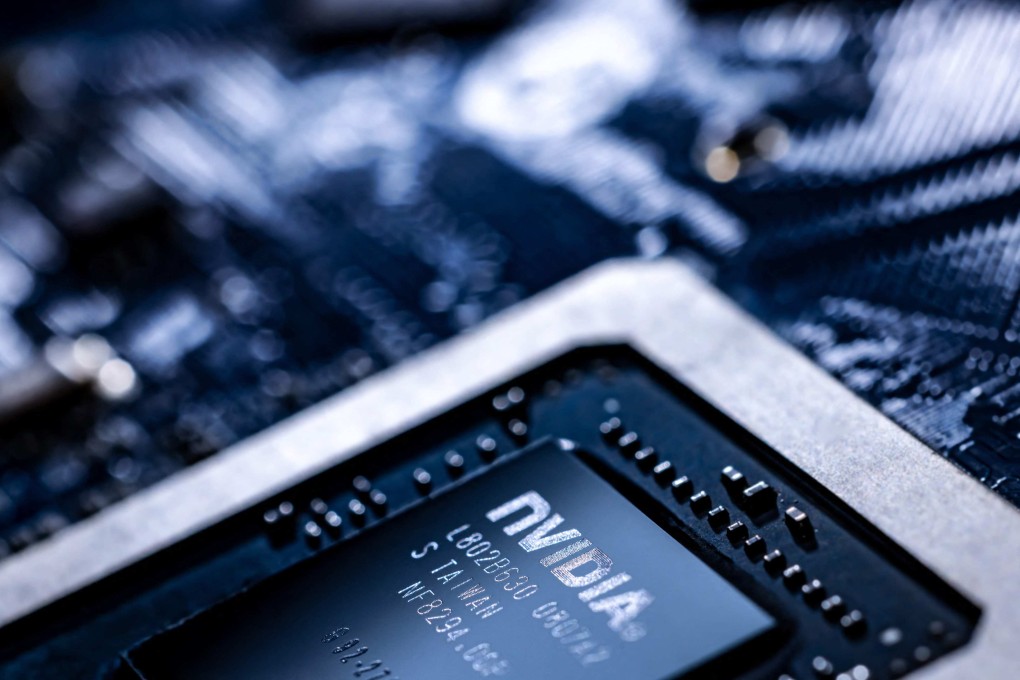Advertisement
Inside Out | Why chipmakers’ stock surge is no guarantee of AI revolution’s future
- While generative AI holds transformative promise for some, for others it heralds large-scale job losses and widespread ethical and security challenges
- Even if this technological revolution lives up to its potential, it is clear its benefits will take years to reach consumers and firms in poorer countries
Reading Time:4 minutes
Why you can trust SCMP
3

As the stock market value of Nvidia surges past US$2 trillion, making it the third-most valuable company in the United States, so in Europe the Netherlands-based ASML is moving towards US$400 billion, making it one of Europe’s most valuable companies. The equity markets have decided that the next technology revolution is under way, with Nvidia’s graphics processing units (GPUs) and ASML’s chipmaking tools providing the foundations for the newest and slickest digital kit as well as an artificial intelligence (AI) revolution that has Silicon Valley and the tech world transfixed.
Advertisement
For some, the powers of the likes of OpenAI’s ChatGPT and other forms of generative AI have inspired visions of massive productivity boosts. Transformative applications are appearing in areas such as medical treatment and healthcare.
For others, the breakthroughs spell large-scale job losses, an array of unresolved ethical challenges and a grave threat to the future of humankind. In the middle are sceptics who see a great deal of hype and some salutary stock market corrections not far over the horizon.
Some of the controversies are easier to manage. The machine learning driven by generative AI has already shown its value in speedy and reliable early indication of diseases, for example. We are at the earliest stages of discovering how these new technologies can enhance productivity in many fields.
It is also becoming clear that while AI is likely to lead to job losses in certain areas, it will also be at the heart of job creation in others. A PwC survey revealed that 32 per cent of executives had already adopted AI across their companies, with 58 per cent expecting it to improve product quality and services and 69 per cent predicting that staff would need to learn new skills.
Advertisement
Headaches are becoming clear, too. Among the most discussed is the capacity of AI algorithms to “hallucinate” – producing flagrantly false results and even inventing false but plausible evidence. Their capacity to create “deepfake” images and videos has generated serious privacy concerns if the technology falls into malicious hands.

Advertisement
